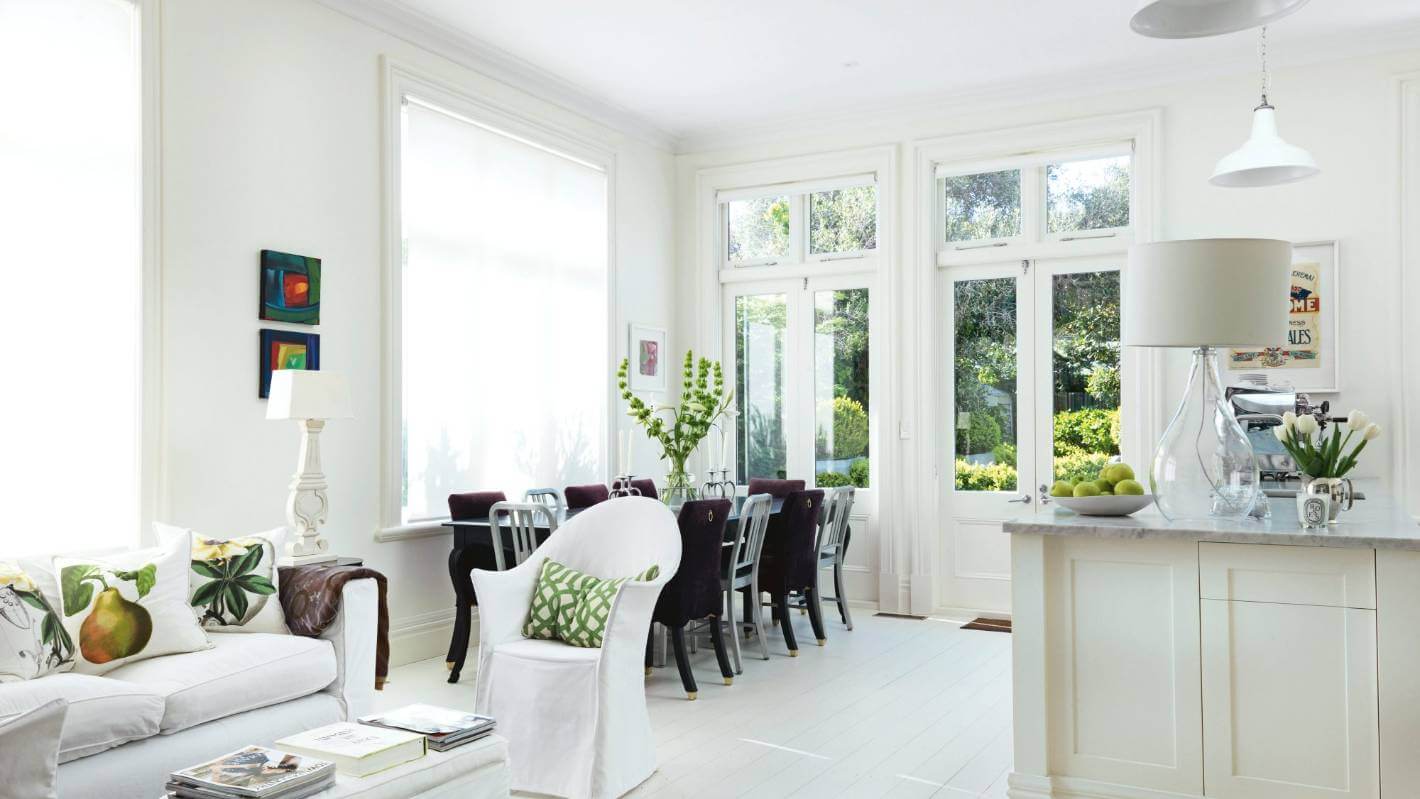Embarking on a career in interior design is a journey into creativity and innovation. For professionals in New Zealand, the path to success in this dynamic field raises the question of earnings. This article aims to explore the diverse horizons of financial rewards for interior designers in the unique context of New Zealand, shedding light on the factors that shape their compensation, including the specific nuances of the interior designer salary in New Zealand.
The Art of Design in the Kiwi Context
In the picturesque landscapes of New Zealand, where natural beauty harmonizes with architectural marvels, interior designers play a crucial role in shaping spaces that reflect the cultural tapestry of the nation. However, the financial aspects of this profession vary widely, influenced by many factors.
Educational Background and Experience
The foundation of an interior designer’s earnings often lies in their educational background and experience level. New Zealand, with its commitment to education and innovation, values designers with diverse skill sets. Those with advanced degrees or specialized certifications tend to command higher earnings, a recognition of the depth of their knowledge and expertise. As experience accumulates, so does the potential for increased compensation, with seasoned designers often reaping the rewards of their accumulated wisdom.
Geographical Variances
In a country known for its geographical diversity, interior design earnings can be influenced by location. Designers working in urban centers like Auckland or Wellington may negotiate different salary structures than their counterparts in smaller towns or rural areas. The demand for design services, cost of living, and regional economic factors all contribute to the geographical nuances that shape the earning horizons for interior designers across New Zealand.
Specialization and Niche Markets
The diverse horizons of earnings for interior designers in New Zealand are further accentuated by the areas of specialization within the field. Designers focusing on residential projects may find a different earning landscape than those specializing in commercial or sustainable design. The niche market a designer chooses to explore can significantly impact their compensation, as specialized skills are often in higher demand and, consequently, valued more lucratively.
The Influence of Portfolio and Reputation
In the design industry, a designer’s portfolio is a visual testament to their skills and creativity. A well-curated portfolio not only showcases the designer’s abilities but also acts as a powerful tool in negotiating earnings. Positive reviews and a strong reputation within the industry can open doors to higher-paying opportunities, emphasizing the importance of consistently delivering exceptional work and maintaining a positive professional image.
Industry Trends and Economic Conditions
The ever-evolving nature of the design industry in New Zealand means that interior designers must stay attuned to industry trends and economic conditions. Economic downturns may tighten budgets, affecting the demand for design services and, consequently, the earning potential for designers. On the flip side, periods of economic growth can lead to an increased demand for design expertise, potentially resulting in higher salaries. Understanding and navigating these trends is essential for designers seeking financial success in this dynamic industry.
Clientele and Project Scale
The diversity of clientele and project scales further add layers to the earning landscape for interior designers in New Zealand. Designers working with high-profile clients on large-scale projects may find their compensation reflects the scale and prestige of their work. On the other hand, designers focusing on smaller, niche projects may discover unique opportunities for financial success within their specialized market.
Negotiation Skills
In interior design, as in any profession, negotiation skills are paramount. The ability to effectively communicate the value of one’s work, articulate the unique aspects of a design approach, and negotiate compensation terms can significantly impact earnings. Designers adept at negotiation often find themselves better positioned to secure favourable salary packages, benefit structures, and overall job satisfaction.
Conclusion
The diverse earnings horizons for New Zealand interior designers paint a rich tapestry influenced by educational backgrounds, experience levels, geographical variances, specialization choices, portfolio strength, industry trends, project scales, and negotiation skills. Navigating this multifaceted landscape requires a nuanced understanding of these factors, allowing designers to not only create visually stunning spaces but also to carve a financially rewarding path within the vibrant and diverse world of interior design in New Zealand.
Read Also: Smart Security, Secure Life: Prima Secure’s Cutting-Edge Solutions
As the profession continues to evolve, staying adaptable and informed is key to unlocking the full spectrum of earning potential in this dynamic industry. Professionals are well-advised to remain attuned to the specific nuances of the interior designer salary in New Zealand, as this awareness can significantly contribute to their success in this unique market.
